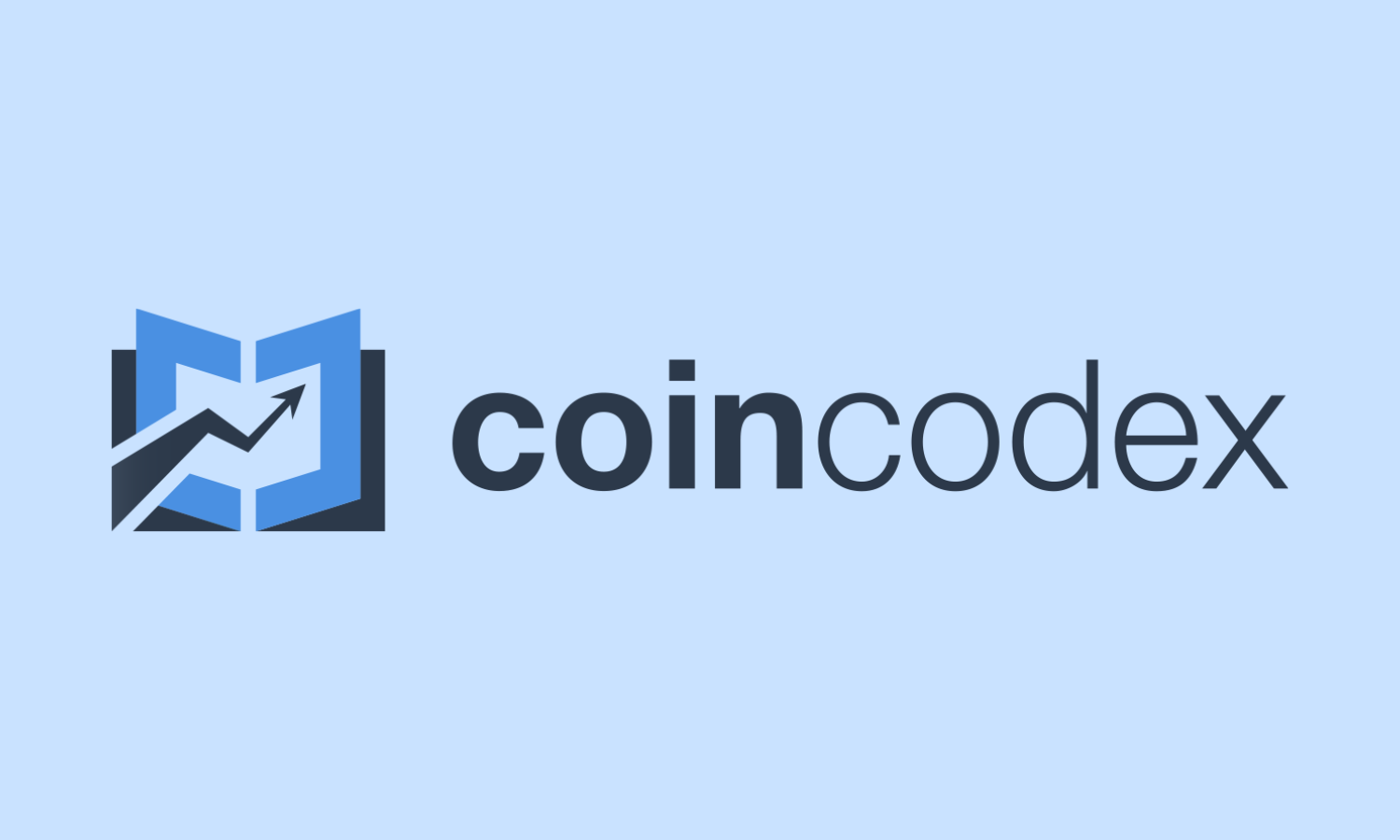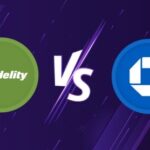Aldi Stock Price, Symbol: How to Invest in Aldi IPO?

Aldi is not a publicly traded company. Instead, Aldi is privately owned by the Albrecht family, who successfully expanded the grocery store chain from humble beginnings to a multi-billion-dollar valuation. This means that you cannot invest in Aldi like you would, for example, in Microsoft, Tesla, or some other publicly traded company.Since Aldi is not publicly traded, it can’t be found on any stock exchange. While there is no Aldi stock symbol or Aldi stock price, there are still ways to gain investment exposure to the supermarket industry.Additionally, there is a possibility that Aldi could go public in the future. Read on to learn more about Aldi’s current business performance and how to gain exposure to the supermarket industry.Aldi started from humble beginnings as a family-run grocery store in eastern Germany in 1913. The company has remained in the control of the same family since its early days, passing to Karl and Theo Albrecht shortly after World War 2. The company was incorporated under the ALDI branding in 1946, and had soon expanded to 13 separate locations by 1950.The two brothers were famous for running an efficient operation that aimed to minimize overhead costs. Aldi split in two in the year 1960 over a dispute between the brothers about whether or not to sell cigarettes. This led to the foundation of Aldi as it exists today: operations are split between Aldi Nord and Aldi Sud, two sister companies that frequently collaborate with each other while remaining under the control of the Albrecht family.Aldi benefited greatly from the collapse of the Soviet Union and the reunification of Germany in 1990. Today, Aldi Nord and Aldi Sud own 12,400 stores across 11 countries, and Aldi Nord also owns the US grocery chain Trader Joe’s after purchasing the company back in 1979. The company has become synonymous with affordable grocery shopping, selling goods at low prices while keeping a relatively small inventory when compared against its competitors.The Aldi business model has proven highly effective. Aldi is currently on track to reach $170.5 billion in net sales by the year 2026, showing a steady increase in global growth since 2016. This could partly be attributed to global inflation, where the real rate of CPI increase has been 24% in the same timeframe, but Aldi has achieved consistent revenue growth across its global stores nonetheless.Aldi net sales and growth rate, via StatistaThe onset of global inflation may be a key reason why Aldi has been able to grow in recent years, and not just in terms of price hikes. The CPI’s basket of goods typically considers a selection of grocery products at the average retail price, with budget grocery stores such as Aldi providing the prices from the lower end of the spectrum. It’s likely that more customers have actively chosen to shop at Aldi during inflationary economic conditions because lower prices are incorporated into the business model by design.Aldi is not a publicly traded company — Aldi has always been privately held and remains, to this day, under the control of the Albrecht family.The two Aldi companies, Aldi Nord and Aldi Sud, are sister companies that operate as subsidiaries of Aldi Einkauf GmbH & Co. OHG. All three companies in this set-up are privately owned, so investors can’t currently gain any exposure to Aldi.There has yet to be an Aldi IPO date set. An initial public offering for either of the two sister companies, Aldi Nord and Aldi Sud, would be at the discretion of the parent company, Aldi Einkauf GmbH & Co. OHG. As things stand, there are no plans for any of the companies in the Aldi Group to go public.However, this does not mean that Aldi will remain privately held forever. If the company ever needs to raise funds via the sale of shares, then it may decide to go public by announcing an Aldi IPO date.Aldi is not a publicly traded company, so it can’t be found on any stock exchange. Instead, Aldi remains firmly in the control of the Albrecht family via its two subsidiary companies — Aldi Nord and Aldi Sud. The two sister companies are privately held by a single-parent company, which is also privately owned.Aldi Einkauf GmbH & Co. OHG is the parent company for both Aldi Nord and Aldi Sud. It is thought to be one of the largest privately held companies in the world, with an estimated value of $60 billion, according to Forbes.Aldi’s parent company has never expressed an intention to launch an Aldi IPO for itself, nor for Aldi Nord or Aldi Sud. As a result, there is currently no way to invest in Aldi stock.While there has never been an Aldi IPO date for either Aldi Nord or Aldi Sud, this can’t be ruled out as a possibility. The two companies remain under the control of the Albrecht family, who may or may not decide to launch an Aldi IPO at some point in the future.Until then, prospective investors will be dismayed to know that they’ll have to wait around indefinitely for an Aldi IPO date to be set. Alternatively, there are a variety of Aldi competitors that are publicly traded today, including Kroger (NYSE: KR), CostCo (NASDAQ: COST), Walmart (NYSE: WMT), Sainsbury’s (LSE: SBRY) and Tesco (LSE: TSCO).Aldi has been a family-run business for more than 100 years. It has achieved great success during this time and continues to grow year-on-year. With that in mind, it seems unlikely that Aldi will pivot to becoming a publicly-owned entity in the near future.The Aldi Group may decide to launch an Aldi IPO for any of the three companies under its umbrella, including the prominent sister companies Aldi Nord and Aldi Sud. This can be done at the parent company’s discretion at any time. However, it remains unlikely. Investors may prefer to buy shares in some of Aldi’s competitors if they’re seeking to gain exposure to supermarkets.Here are some prominent Aldi competitors that can be found on stock exchanges:You can learn more about how to invest in successful private companies by checking out our articles on:

Published on Other News Site




















